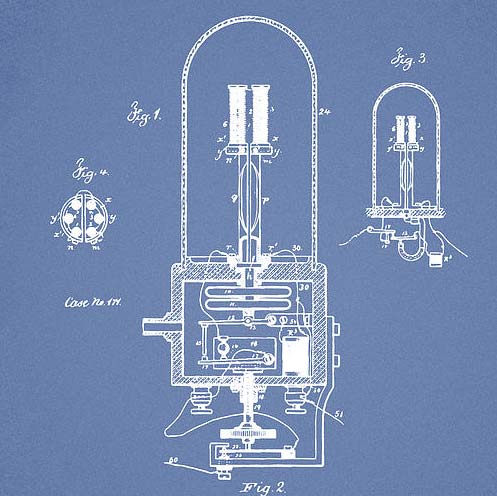12
$1 Billion Startups
100,000+
Jobs Created
$128 Billion
Peak Market Value
We discover bright ideas and help brilliant entrepreneurs build world-changing ventures.
First to See the Light
Mr. Spencer Trask backed Thomas Edison and his light bulb, the very symbol of a bright idea. Trask then ran the world’s first electricity network, laying the foundation for modern civilization.
Today, we strive to live up to this legacy by starting, funding, and building transformative technology companies. Our innovations cure diseases, alleviate suffering, connect people, and enhance human potential.
Come be inspired. Meet a few of the creative giants backed by the team at Spencer Trask.













